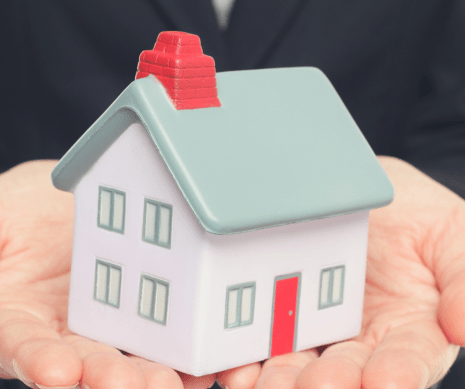Although I’m currently in weight-gain mode (i.e. pregnancy), I’ve found over the last couple years that my body has slowly shed extra pounds without effort. I recognize this sounds obnoxious but trust me, I’ve spent over a decade exercising harder than the average person and putting my body through the gauntlet, so it’s not like I haven’t put in effort for weight loss. But ironically, my body was most willing to let go of those “last 5 pounds” when I stopped working out as much. When I put rest and rejuvenation for my whole system as top priority.

Over the last two years, I’ve slept like I’m a teenager again (minus snoozing until noon). I’ve eaten more intuitively and joyfully, and listened to my body each day for whether I’m in a “tackle-and-conquer-the-world” or “sit-back-and-accept-my-low-energy” kind of mood. I embrace both sides of myself equally and without judgement. This is a new thing for me. Although I’ve always known that stress reduction is positive for weight loss – and coach my clients accordingly – I hadn’t truly experienced this firsthand.
Before getting pregnant again I actually told my husband that it felt like my body wanted to let go of even more weight – but that I was going to work against it to keep my hormones level for the TTC process. It was so fascinating to me; to feel that my body was relinquishing fat stores, no longer in survival mode and depending on them for emergency reserves. It made me wonder…what exactly is the root of this change? Yes, my change in attitude and action, but what physical part of myself is aiding this whole-body physiological response? And how do I communicate about this “source” to others so that they can consider the implications in their own lives?

The answer lies at the root of the parasympathetic nervous system: The Vagus Nerve.
The vagus nerve is responsible for the parasympathetic control of your heart, lungs and digestive system, and is the longest autonomic nerve in the body. This means that the nerve is operating and acting on your body’s systems without your conscious thought, controlling the relaxation responses that calm your heart rate and make you feel like you can take a deep breath. It also helps keep digestive woes like bloating, constipation and irritable bowel syndrome at bay.
We often hear the terms “fight-or-flight” and “rest-and-digest.” The vagus nerve controls the latter, but its impact on our minds and bodies is much more complex and powerful than this simple statement. When we have good “vagal tone” our bodies are operating from a place of better wellness. When we are chronically stressed, our vagus nerve basically gets shut down. Think of it like the nerve is asleep. Not doing its job.

If the vagus nerve is less responsive this is a big problem and is linked with higher levels of inflammation, heart attacks, strokes, loneliness and depression, and more. You see, vagal nerve stimulation and responsiveness triggers the release of a substance called acetylcholine. (Fun fact – the first neurotransmitter ever discovered.) Acetylcholine acts like a tranquilizer for the body and has a major impact on inflammatory responses. Researchers have even found that implanted devices that stimulate the vagus nerve help people with inflammatory diseases such as rheumatoid arthritis!
Numerous studies have also shown that “people with higher vagus nerve activity have lower levels of cortisol (the stress hormone) and lower levels of TNF-alpha, the inflammatory immune marker. Studies also show that the vagus nerve regulates inflammation throughout the body, including inflammation associated with obesity.”

We clearly see through all of this evidence that the vagus nerve has a big impact on our bodies and lives…so how do we stimulate it? How do we “keep it awake?” How do we ensure that we’re not chronically stressed and suppressing the benefits this nerve has for our organs, waistline, internal health, and mood?
Methods for Improving “Vagal Tone” and Keeping the Vagus Nerve Alert:
- Getting enough rest
- Deep breathing
- Meditation
- Personal time
- Enjoyable activities
- Positive social connections & relationships
- Yoga
- Chiropractic adjustments to relieve nerve pressure
- Probiotics to assist gut health
- Outdoor and nature activities

It’s interesting…none of these things (above) seems particularly aggressive or proactive for weight loss itself, and yet, they’re exactly what our bodies need for it. I’ve seen this countless times with my clients – they don’t have to exercise as hard to achieve weight loss when they begin de-stressing, simplifying, prioritizing self-care, and generally not beating themselves up about “perfection” for their bodies, careers and relationships.
Over the last two years, I’ve found I do a little bit more of everything on this list. I go to a chiropractor once a week, get outside on the regular, started taking a new probiotic (with *prebiotics!*), find time to read and “do me,” attend yoga class once a week, sleep more at night, make time for friends and family, etc. It’s really not anything earth-shattering! These simple things are exactly what my body needed to let go of a little bit of inflammation and a few extra pounds.
I hope this serves you well on your weight loss or wellness journey, too.
Yours in health and wellness,
Maggie
















